Learning from experience was believed to be restricted to more advanced creatures, but in a first, Caribbean jellyfish were shown to learn from past mistakes.
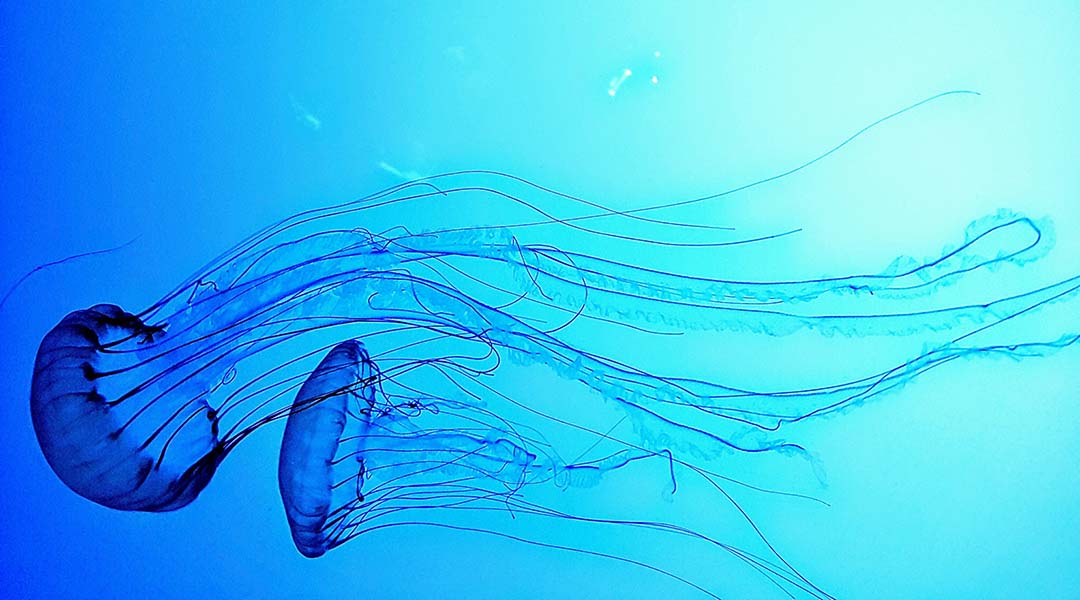

Learning from experience was believed to be restricted to more advanced creatures, but in a first, Caribbean jellyfish were shown to learn from past mistakes.

Scientists explore the challenges facing alternatives to lithium-ion batteries and suggests a roadmap to overcome these obstacles.

A renewable, carbon-based absorbent is challenging MOFs in carbon capture technology, offering sustainable solutions for emissions reduction.
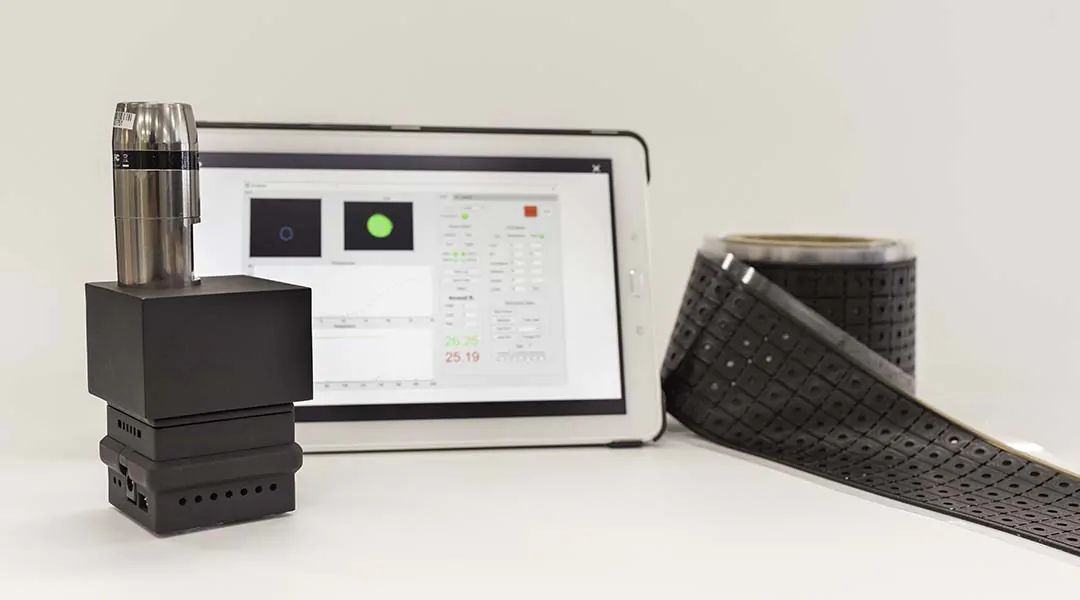
The hand-held device was designed for use by the general public, providing diagnoses in only 15 minutes without the need for appointments and long wait times for results.
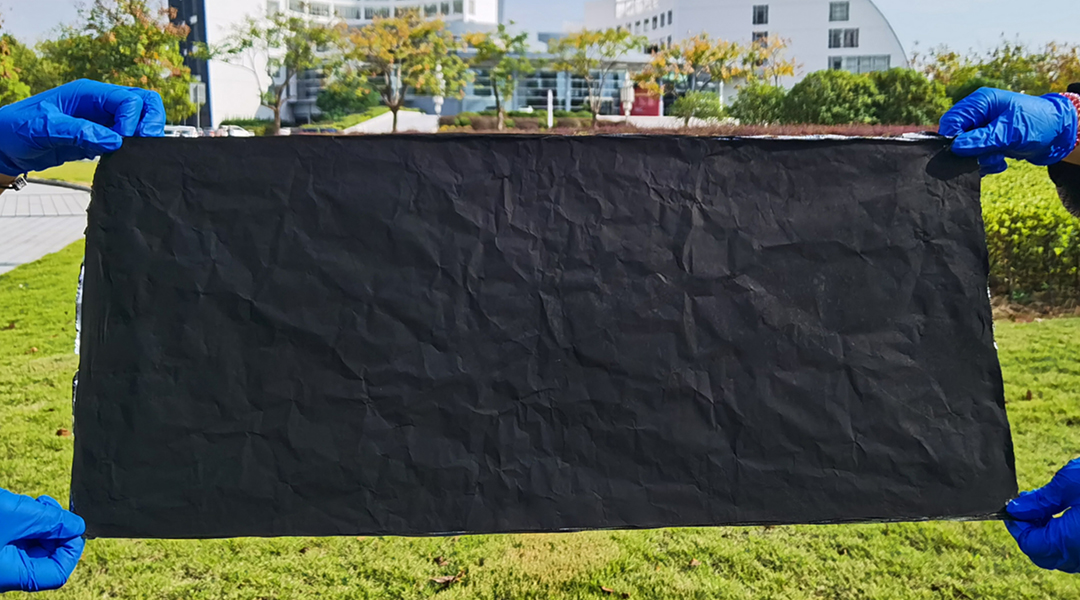
Researchers create a multi-layered electronic skin that mimics human skin with applications ranging from robotics to telehealth.
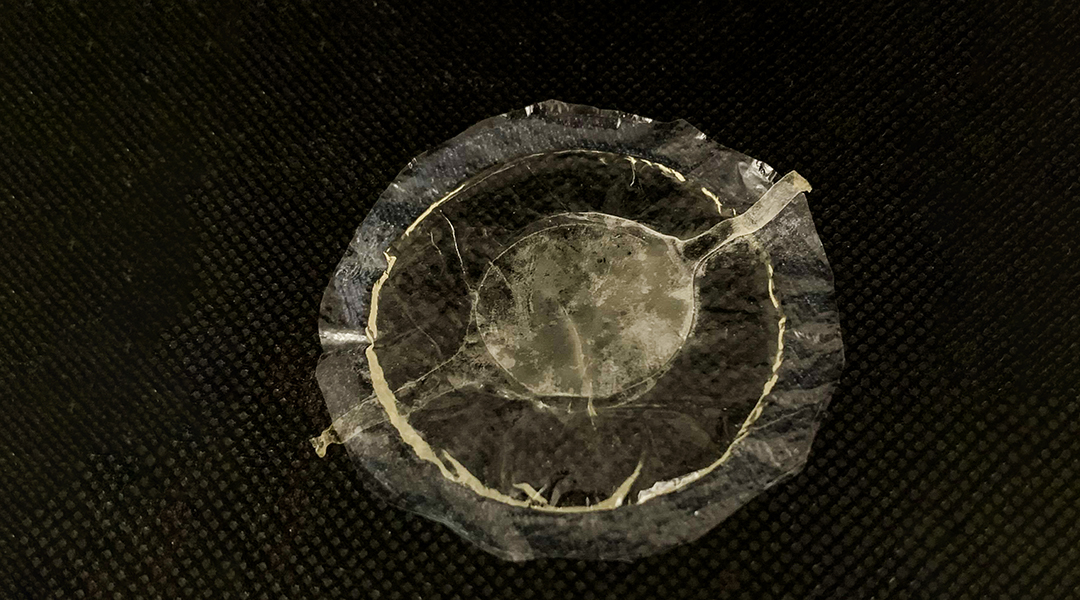
A soft, biodegradable actuator that could drive the motion of biodegradable robots and a future in symbiosis with human operators.

A textured film maximizes sunlight by generating an increased amount of red light, reducing the costs of algae production on a significant scale.
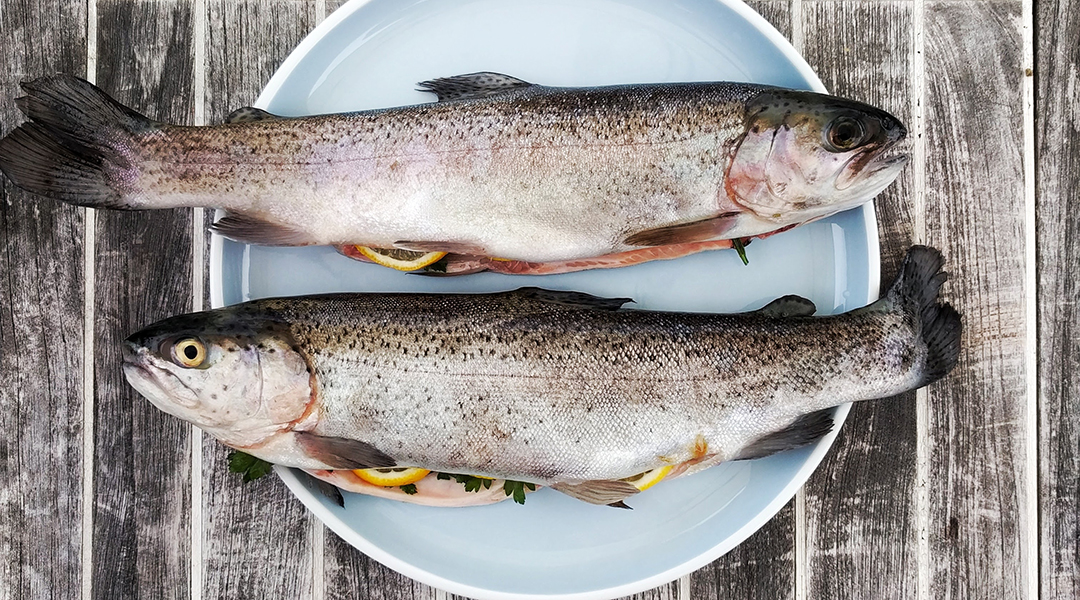
Cutting-edge smart packaging uses a color-changing sensor to detect food spoilage, revolutionizing quality control and safety in the food industry.
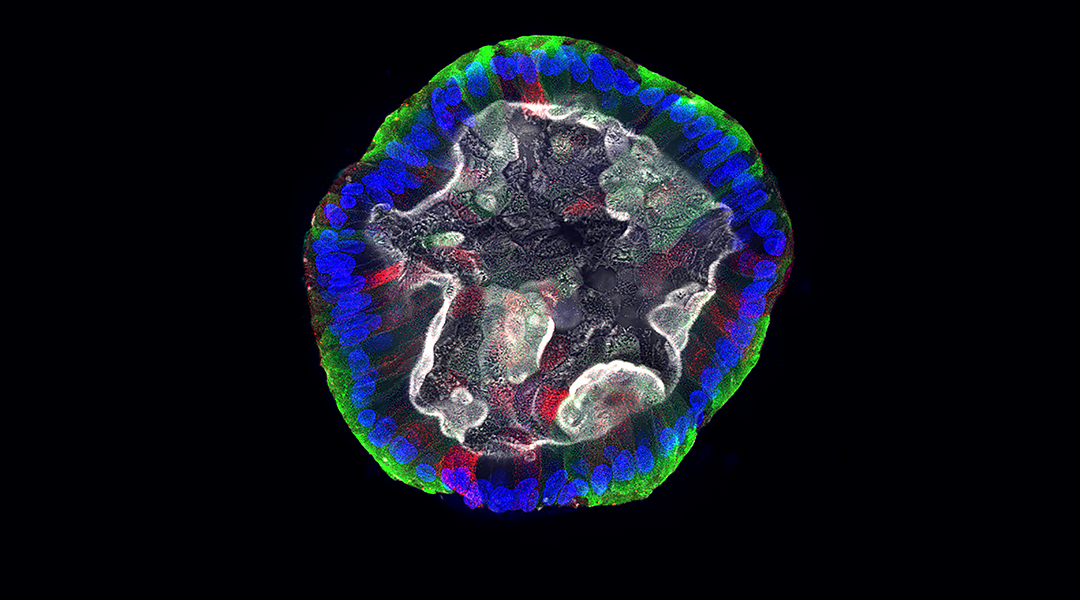
Addressing the lack of diversity in drug testing, scientists are using organoids from voluntary donors to enhance equity and inclusion.
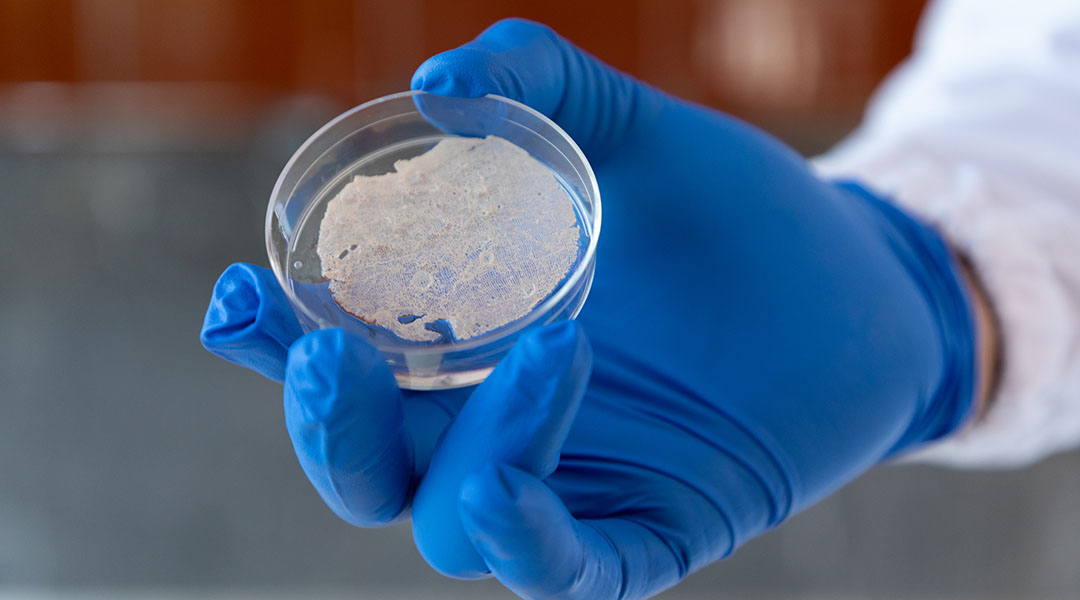
Using plant proteins derived from crop waste and spent grains adds new dimension to sustainable lab-grown meats.